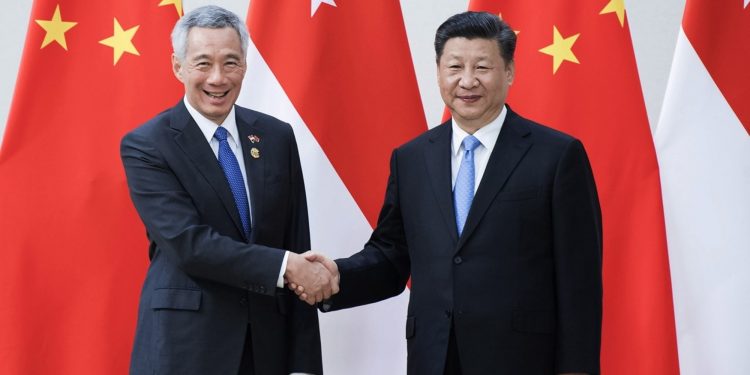Fill Me In
With global political spheres trudging in and out of treacherous waters, the best that Singapore can do to protect itself from external threats is with diplomacy. This year, our country celebrates more than one diplomatic milestone with another nation. And more than a mark of safety, these diplomatic milestones also serve as landmarks for the way paved by our country’s forefathers and founders.
After all, Singapore’s ripe old age is only as high as the number 56. We’re young enough to be able to look back on our country’s progress without needing to skip a generation too many. Here are the countries we’re clinking champagne glasses with to celebrate milestones with this year.
50 years of bilateral ties with Sri Lanka
It has been 50 years, and both countries’ economies have benefitted from the presence of one another. According to Sri Lanka Customs, 2019 saw a total of S$1.17 billion in bilateral trade, of which Sri Lanka’s exports accounted for a whopping S$153 million.
Singapore was one of Sri Lanka’s fifth largest investors last year, and also one of Sri Lanka’s largest trading partners. In fact, Singapore’s history of progressive economic culmination with Sri Lanka was what contributed to a successful signing of the Singapore-Sri Lanka Free Trade Agreement in 2018.
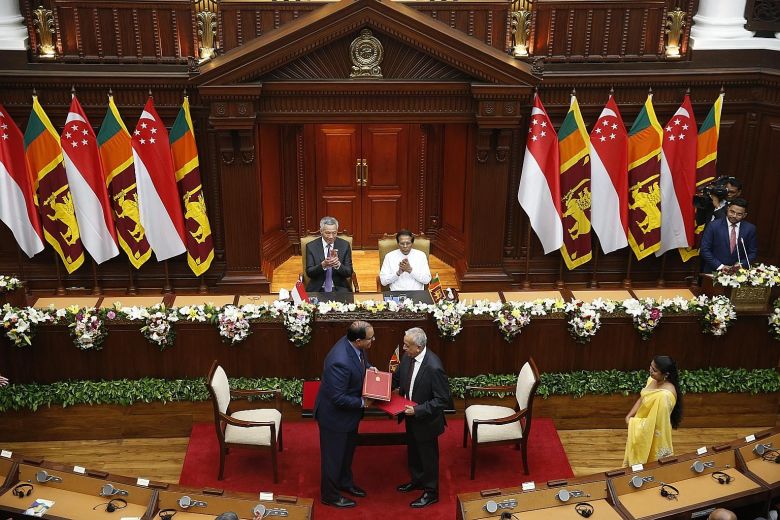
Mr Vikram Nair, the chairman of the Government Parliamentary Committee for Defence and Foreign Affairs, said that COVID-19 had given the two countries an opportunity to culminate and deepen their collaborative efforts.
Mr Nair voiced that Sri Lanka is a particularly attractive market for Singapore’s small and medium-sized enterprises (SME), owing to the former country’s resources in food and beverage, hospitality, and agriculture. In a country as small as Singapore with limited land resources, agriculture at a large scale is not something that companies can seek locally.
“SMEs are a key plank of economic growth and employment for both Singapore and Sri Lanka. These SMEs have the potential to be nurtured and developed so that they are integral components of global supply chains and international commerce,” he said.
Celebrations over a cup of delightful tea
The 50 years of ties between the two countries were celebrated with a launch event, where Nilu Tea’s Simha Infusion was among the first of cross-border tie-ups between the two countries to be launched in commemoration of the 50-year milestone. The Simha Infusion is a special blend of tea created as a collaboration between Nilu Tea and local food science start-up Asmara.
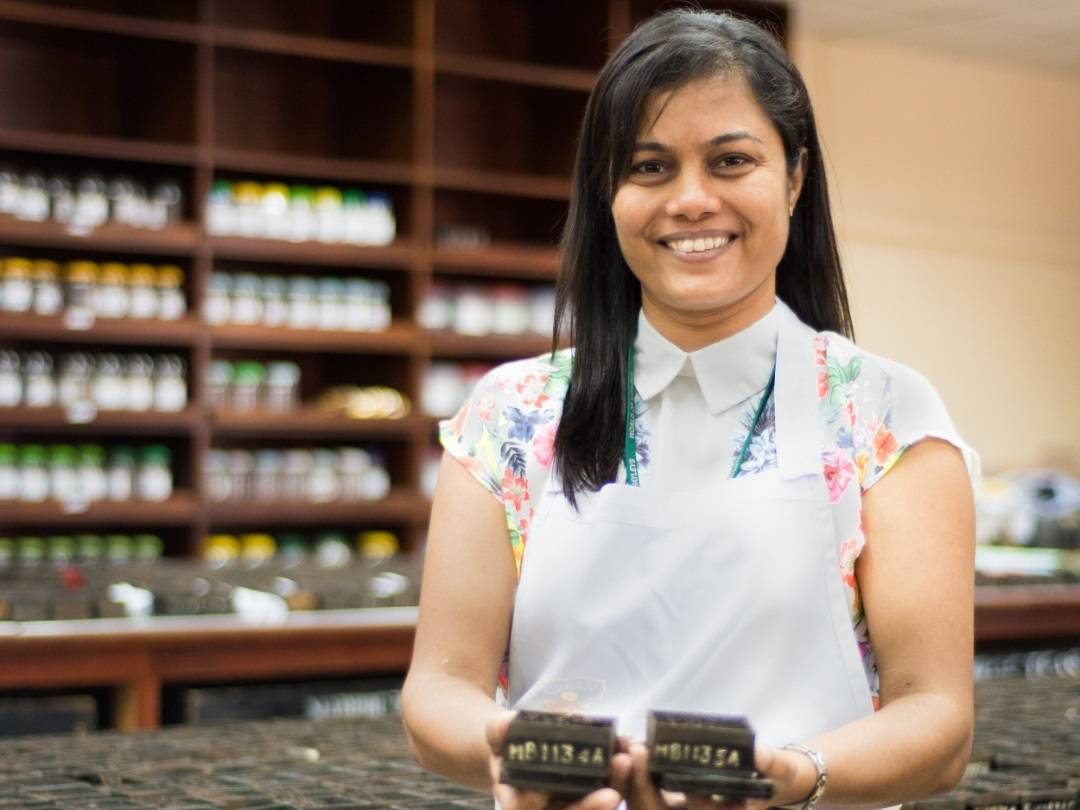
The Simha Infusion tea features a blend of herbs found in both Sri Lanka and Singapore. For instance, the tea includes ranawara and bael vilva flowers from Sri Lanka, as well as lemongrass, liquorice, and tulsi basil, all of which are found in Singapore.
A momentous signing also took place during the launch, between GB Community Development (GBCDL) and three Sri Lankan partners, who exchanged two letters and signed a memorandum of understanding (MOU). In time to come, the MOU will help build cross-country tie-ups, such as the tie-up between Nilu Tea and Asmara.
Sri Lankan High Commissioner to Singapore Sashikala Premawardhane, commented on the economic relationship between the countries: “Many international start-ups consider Singapore to be the entry point to the ASEAN bloc, with a market of over 600 million people. Fintech is one sector that has attracted much attention of Sri Lankan innovators and start-ups.”
And 30 years of diplomatic ties with China
What happens when a global superpower celebrates diplomacy? It signs agreements. And on the 30th year of diplomatic ties between China and Singapore, the two countries signed a landmark 10 agreements.
China and Singapore celebrated their 30-year-strong ties during the 16th Joint Council for Bilateral Cooperation (JCBC) on 8 December, which was co-chaired by Singapore’s Deputy Prime Minister Heng Swee Keat and Chinese Vice-Premier Han Zheng.
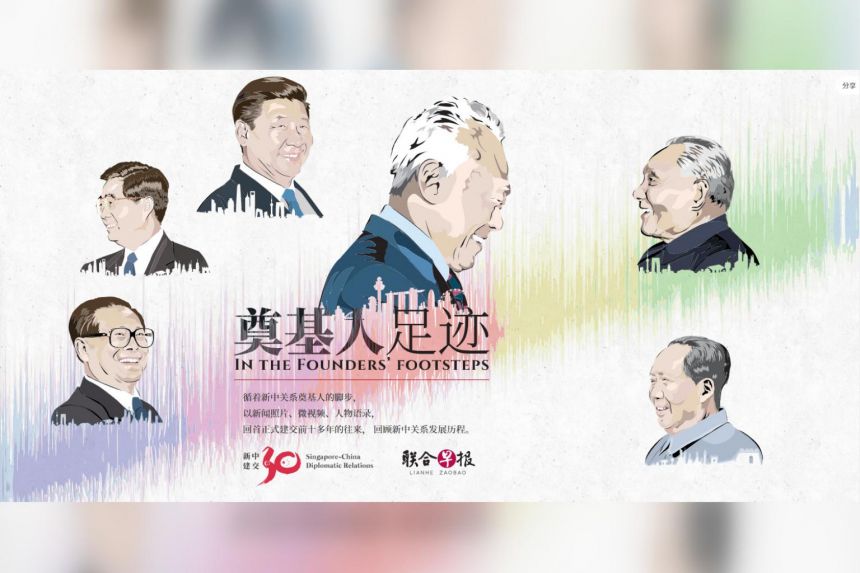
It comes with no surprise that the session centrally celebrated the countries’ continued commitment to collaborations despite COVID-19 having shaken both countries, particularly China. In that vein, two memorandums focused on developing public health collaborations, with a focus in areas like prevention and control of communicable and non-communicable diseases, primary care, and health promotion.
The renewal of another healthcare policy also saw that both China and Singapore will exchange health fellows to work in the areas of disease prevention and control. Holistically, these cooperative measures also include working together on the end-to-end production of vaccines, even beyond COVID-19.
Other MOUs signed cover the subjects of environmental sustainability, dispute resolution, food safety, environmental exchange, and knowledge exchanges between research institutions in both countries.
DPM Heng shared at the digital exchange that the three decades of diplomatic ties and three government-to-government projects has created “a bond that underpins a deep and long-lasting friendship”.
Our relations span across the globe, and with good reason.
Apart from Sri Lanka and China, 2020 also marks 50 strong years of Singapore’s diplomatic relations with Hungary.
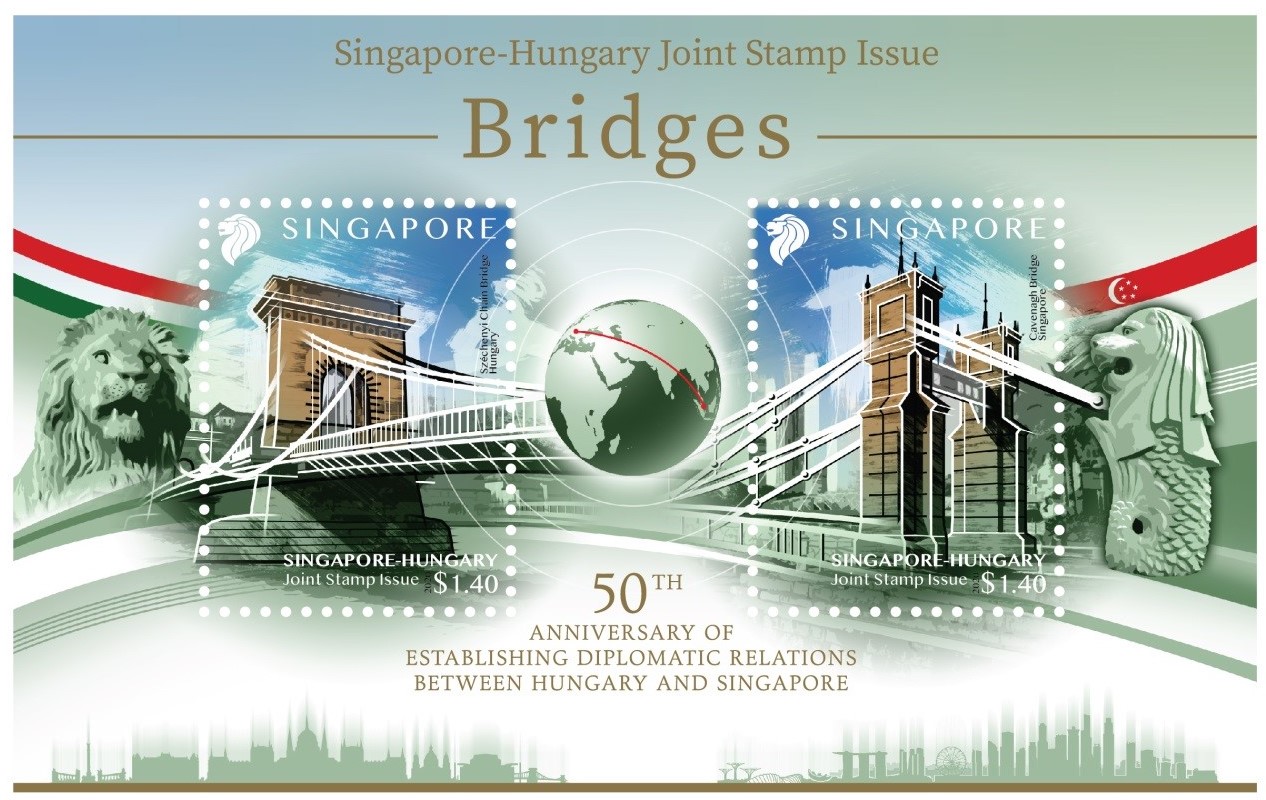
To commemorate the eventful progress, Singapore Post Limited (SingPost) and Magyar Posta (Hungarian Post) jointly released a stamp together. Hungarian Foreign Minister Peter Szijjarto also noted how the two countries have a similar approach when it comes to patriotism.
Diplomacy is perhaps the most productive way for countries to find strength in commonality. It’s a major reason why we’re keeping afloat as well as we are now, especially given Singapore’s early years when gaining recognition for a new sovereign status meant being marked by “mutual jealousy”, among other things.
Singapore continues to thrive on investments, trade agreements, and regional groupings. But beyond that, Singapore also needs diplomacy to protect its most important assets, in the event of a hostile global eye landing upon it. As a country this minuscule, being the playground bully will never be a wise move for us to make.



